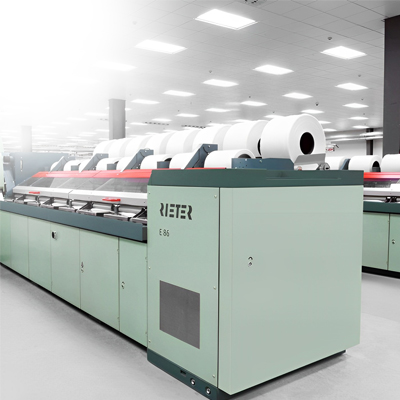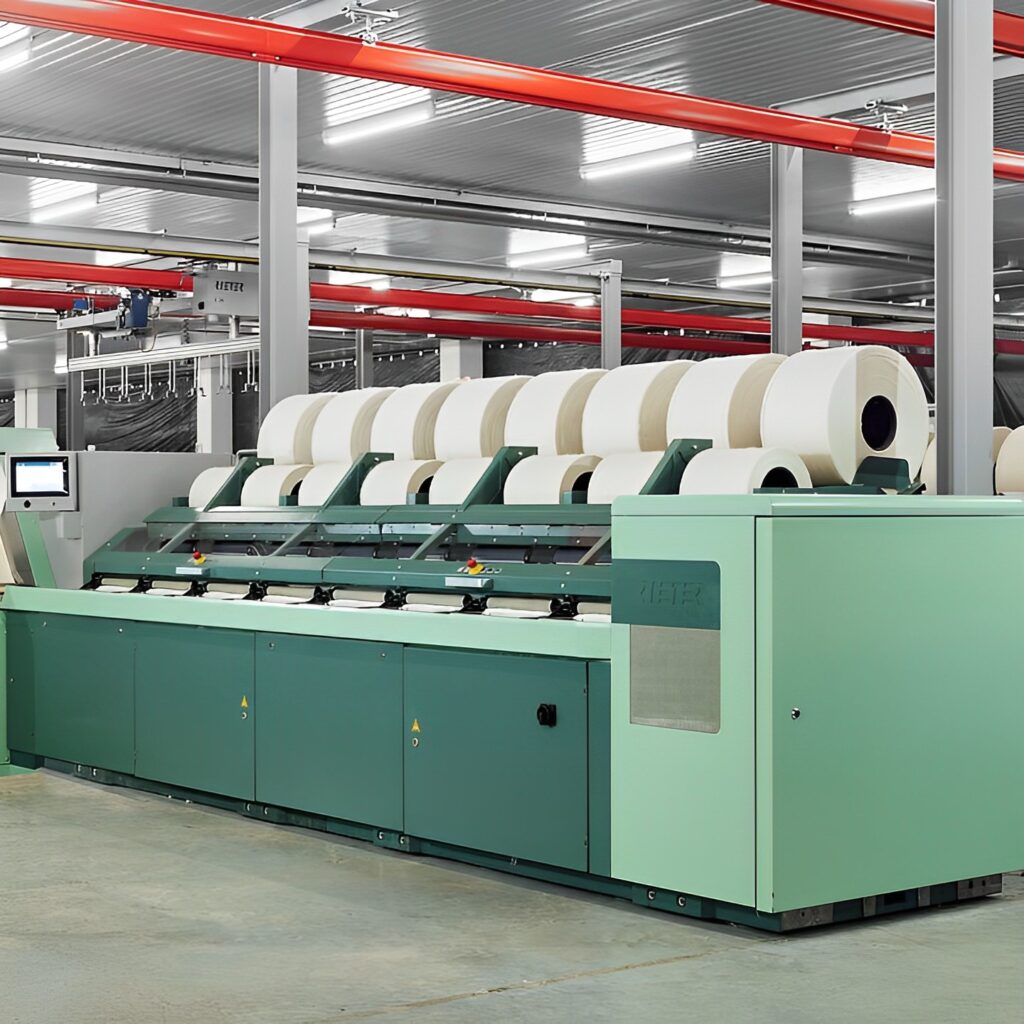Use Of Comber Cans
Specialised comber cans from Jumac ensure the production of clean, fine count yarns by improving the uniformity of fibre length, reducing hairiness and neps percentage, and minimising sliver wastage. Through careful material handling, yarn strength is also boosted.
Our comber cans are used to ensure:
- Smooth transportation of sliver after combing process.
- Correct product selection. Cans of different diameters - from 600 mm to 1000 mm - are available.
- Greater flexibility according to the coiler size of the comber machine.


























